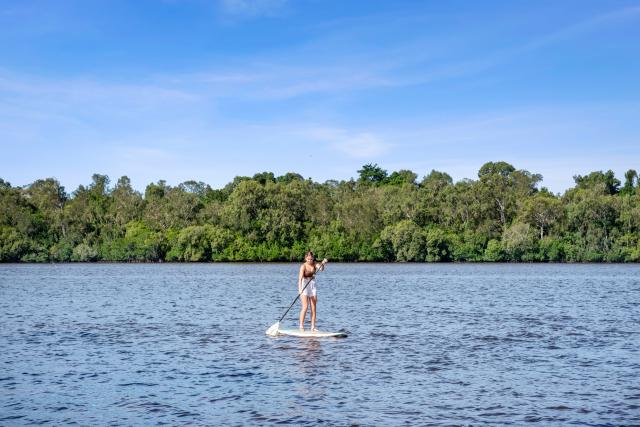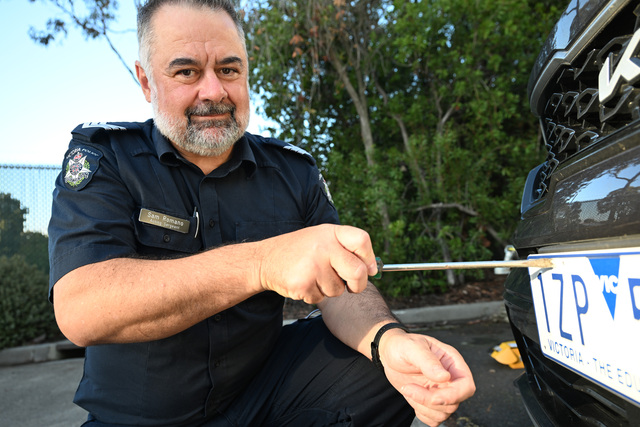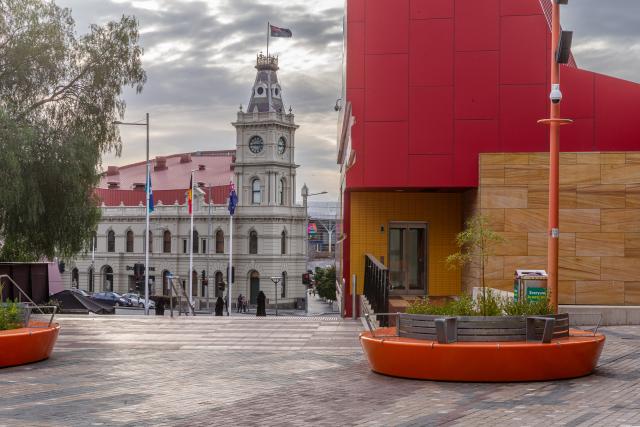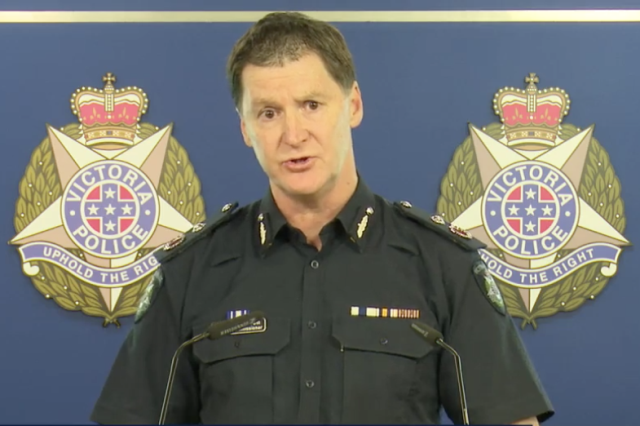Thousands of holiday makers will need to be cautious this Easter after an outbreak of algae was discovered in parts of the Gippsland Lakes.
The Department of Environment, Land, Water and Planning (DELWP) has advised for people to avoid contact with water from Lake King and Lake Victoria, including the popular lakeside areas around Paynesville, Eagle Point, Newlands Arm, Wattle Point and Metung due to a toxic blue-green algae bloom.
Direct contact with toxic blue-green algae can cause allergic reactions such as skin rashes or itchiness, sore eyes, ears and nose or, if swallowed, gastroenteritis, nausea or vomiting.
The type of algae currently affecting the Gippsland Lakes, Nodularia spumigena, produces nodularin toxin that can concentrate in shellfish and crustaceans and accumulate in the liver and
internal organs of fish.
Ingesting these toxins by drinking affected water or consuming affected seafood can lead to serious illness The Department of Health advised the community to not eat shellfish such as mussels, crabs or prawns from anywhere in the Gippsland Lakes, and to remove the guts and gills and thoroughly wash fish immediately after catching.
Warnings on the recreational use of Lake Wellington have been lifted, with algae counts falling to a level where contact with water is once again safe.
The same seafood warnings for the rest of the Lakes remain in place for Lake Wellington. Incident Controller Gail Penfold said people should be cautious when coming into contact with water from the Gippsland Lakes.
“Even if you can’t see algae in the water it can still be present, so we encourage people to be cautious and take note of the signage in place at boat ramps, jetties and fishing spots,” Ms Penfold said.
“We look forward to welcoming visitors to the Gippsland Lakes during the school holiday period and want to ensure everyone has a safe and enjoyable stay.
“We have increased testing across the lakes system so we can keep people up-to-date with any changes to the situation.”
If you do come into contact with contaminated water, wash immediately in fresh water and seek medical advice if experiencing illness.
Dogs should not come into contact with the water in affected locations. This type of algae can cause severe illness in dogs and may result in death from the toxins. If your dog has come into
contact with the algae affected water, please contact your vet for advice.
Water from the affected areas should not be used for drinking, cooking or other domestic uses. Boiling the affected water will not make it safe for use.
Blue Green Algae are a common seasonal occurrence, the Gippsland Lakes contain many different types of algae at varying levels as part of the natural environment.
Algae are a naturally occurring organism present in all waterways. Some algae, like this bloom, produce harmful toxins that are toxic to humans and pets.







